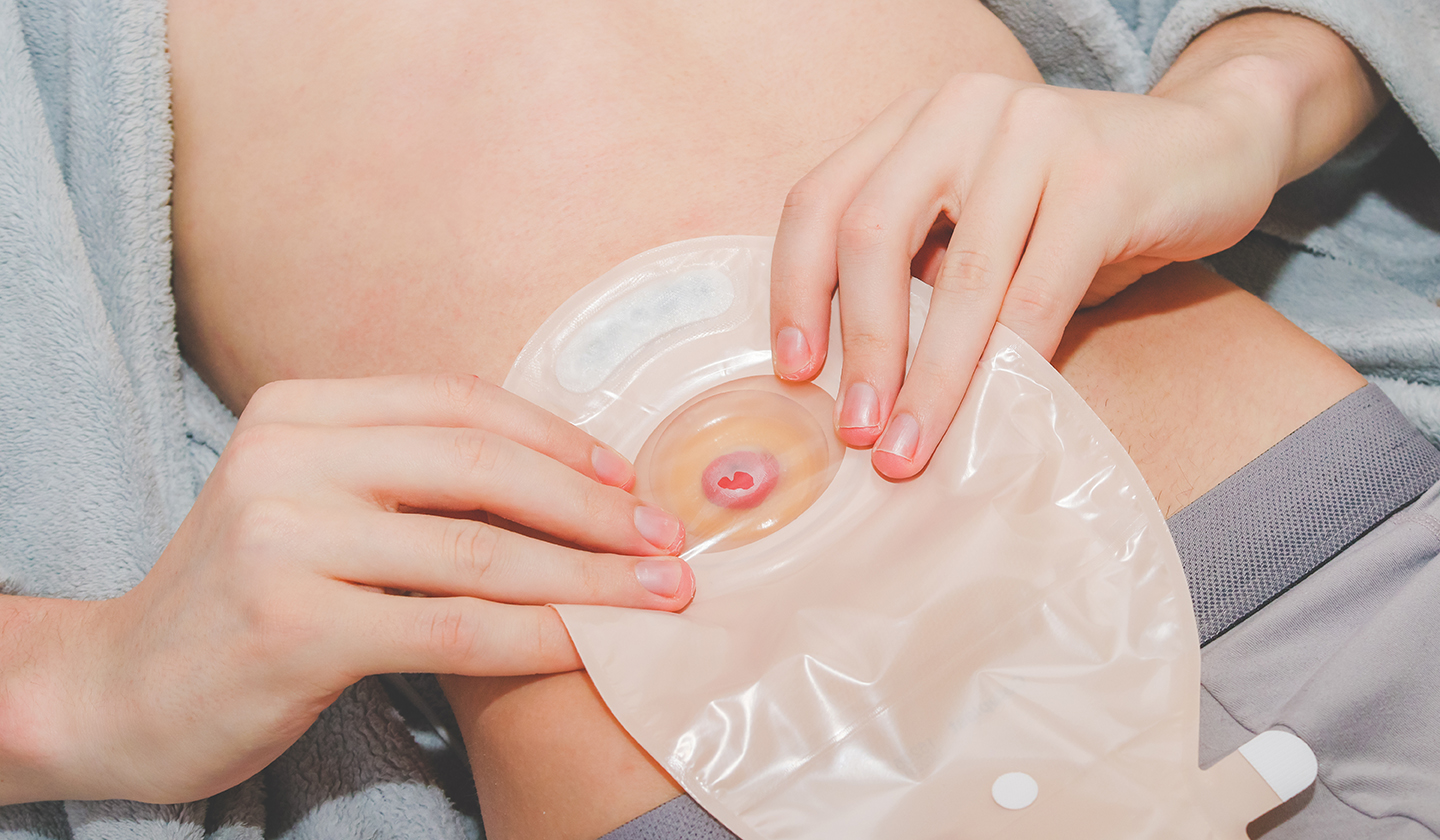Understanding Stoma Surgery
A stoma is a surgically created opening that connects a portion of the intestine or urinary tract to the abdominal wall. Stoma surgery may be necessary for various reasons, including inflammatory bowel disease, cancer, bowel obstruction, or bladder dysfunction.
The surgery may involve the creation of a colostomy, ileostomy, or urostomy, depending on the underlying medical condition.

Preoperative Assessments and Consultations
Before your stoma surgery, you will undergo a series of preoperative assessments and consultations to ensure you are prepared for the procedure. These may include:
- Medical examination: A thorough assessment of your overall health, including any pre-existing conditions and medications you are taking.
- Blood tests: These tests help assess your general health and identify any potential issues that could affect your surgery.
- Imaging studies: X-rays, CT scans, or MRI scans may be performed to help your surgeon better understand your condition and plan the surgery.
- Consultation with a stoma nurse: A specialized nurse will provide you with information about stoma care, equipment, and lifestyle adjustments following the surgery.

Stoma Site Marking
Before the surgery, a stoma nurse or surgeon will mark the optimal location for the stoma on your abdomen. The ideal site should:
- Be away from skin folds, scars, and bony prominences
- Have a relatively flat surface
- Allow for easy access when changing the pouch
It’s crucial to wear your regular clothing during the marking process to ensure that the stoma location is compatible with your daily activities.
Bowel Preparation
In most cases, you will need to prepare your bowel before stoma surgery to minimize the risk of infection and complications. Bowel preparation may involve:
- Dietary modifications: Consuming a low-residue or liquid diet for a few days before the surgery.
- Laxatives: Taking prescribed laxatives to help empty your bowel.
- Antibiotics: Some patients may receive oral antibiotics to reduce the risk of infection.
- Fasting: Refraining from eating or drinking for a specific period before the surgery, as advised by your healthcare team.
Packing a Hospital Bag
Prepare a hospital bag with essential items to ensure a comfortable stay during your recovery. Consider including:
- Comfortable, loose-fitting clothing
- Sleepwear and slippers
- Personal hygiene items (toothbrush, toothpaste, soap, etc.)
- A notepad and pen for taking notes during consultations
- A small pillow or cushion to support your abdomen when coughing or moving
- Entertainment items, such as books or electronic devices

Mental and Emotional Preparation
Feeling anxious or concerned about stoma surgery is normal. To help alleviate your worries, consider the following tips:
- Educate yourself: Learn as much as you can about the surgery, stoma care, and the recovery process to help ease your concerns.
- Ask questions: Don’t hesitate to ask your healthcare team any questions or express your concerns about the procedure.
- Seek support: Connect with friends, family, or support groups to share your feelings and gather encouragement from others who have experienced stoma surgery.
- Practice relaxation techniques: Utilize deep breathing exercises, meditation, or visualization to help reduce anxiety and stress.

Post-Surgery Expectations
After your stoma surgery, you’ll need some time to recover and adapt to your new stoma. Here’s what you can expect during the recovery process:
- Hospital stay: The length of your hospital stay will depend on the type of surgery and your individual recovery progress. It can range from a few days to a couple of weeks.
- Pain management: Your healthcare team will help manage your pain with appropriate medications and offer guidance on how to alleviate discomfort during your recovery.
- Stoma care education: A stoma nurse will provide hands-on training for stoma care, including cleaning, changing the pouch, and monitoring for complications.
- Gradual return to normal activities: As you recover, you’ll gradually be able to return to your daily activities, including work, exercise, and social events.
Follow-Up Appointments and Ongoing Care
After you’re discharged from the hospital, you’ll have follow-up appointments with your healthcare team to monitor your recovery and address any concerns. These appointments may involve:
- Assessing your stoma’s function and appearance
- Evaluating your overall health and well-being
- Adjusting your stoma care routine, if necessary
- Discussing any concerns or difficulties you may be experiencing
Ongoing care and support from your healthcare team, as well as engagement with support groups and other resources, can help ensure a smooth transition to life with a stoma.
Conclusion
Understanding what to expect before stoma surgery is essential for easing anxiety and ensuring you feel well-prepared for the procedure.
From preoperative assessments and consultations to mental and emotional preparation, being informed about each step of the process can help you approach your surgery with confidence.
By partnering with your healthcare team and seeking support from friends, family, and support groups, you can successfully navigate the journey to a fulfilling life with a stoma.




